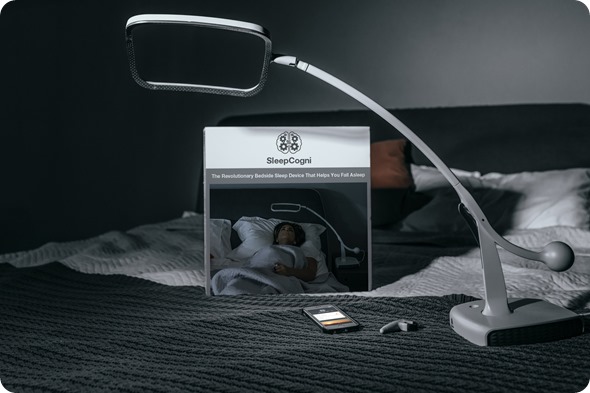The team at SleepCogni are dedicated to changing the nations’ sleep habits and conducted an independent study in October 2015 to give a snapshot view of current sleep behaviour. This questionnaire (which was heavily based on the Pittsburgh Sleep Quality Index, PSQI) was hosted online and sent to randomly selected individuals and shared via social media all over the world.

A total of 1679 responses were completed online over a one-month period and they now have an insightful snapshot of the public’s attitude & behaviours towards sleep.
Most shockingly, they found that 55% of those who went to the Doctor regarding their sleep issues were prescribed potentially addictive and harmful sleeping pills. According to the National Sleep Foundation* six in ten healthcare professionals do not feel that they have enough time to have a discussion with their patients about insomnia during regular office visits.
More worryingly the research found that young men (25-34) were more likely to source sleeping pills illegally over the internet rather than by prescription. This may explain why more than 80% of respondents to the National Sleep Foundation survey think that prescription sleeping pills are often misused.
It was also found that women are more proactive than men about managing their sleep problems and researching alternative options. A higher percentage of women answered ‘Yes’ to trying a particular solution in every possible category, such as meditation, Cognitive Behavioural Therapy (CBT), hypnotherapy, and sleep hygiene.
Most strikingly, women are 50% more likely to search the Internet for guidance than men, and are 65% more likely to speak to their friends about their sleep issues. Older women seem to suffer from sleep problems considerably more than men, but this could be because, when asked, women are more likely to report problems and talk openly.
Meditation and CBT (the gold standard insomnia treatment) are proven to aid relaxation and help an individual wind down to a sleep ready state. In fact, meditation was the most popular remedy with 22% of all surveyed saying they had tried this method. This is where SleepCogni can help as it integrates both therapies.
SleepCogni is the world’s first bedside sleep device that integrates cognitive science, CBT, stimulus control and physiological measures which allows the individual to self-manage their insomnia. The device has been clinically proven by Sheffield Hallam University with 50% improving their overall sleep quality by using our device. SleepCogni’s medical adviser and sleep expert is one of the world’s leading sleep experts, Dr.Irshaad Ebrahim of the London Sleep centre on Harley Street.
It is SleepCogni’s mission for this to be recognised as the non-invasive, drug-free therapy to be used for sleep disorders. SleepCogni is currently available until 10 December on Kickstarter with a 50% reduction